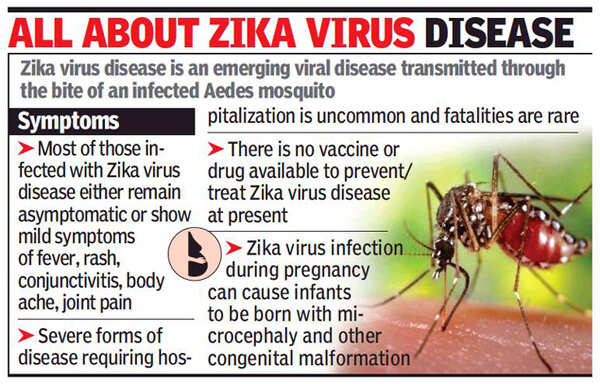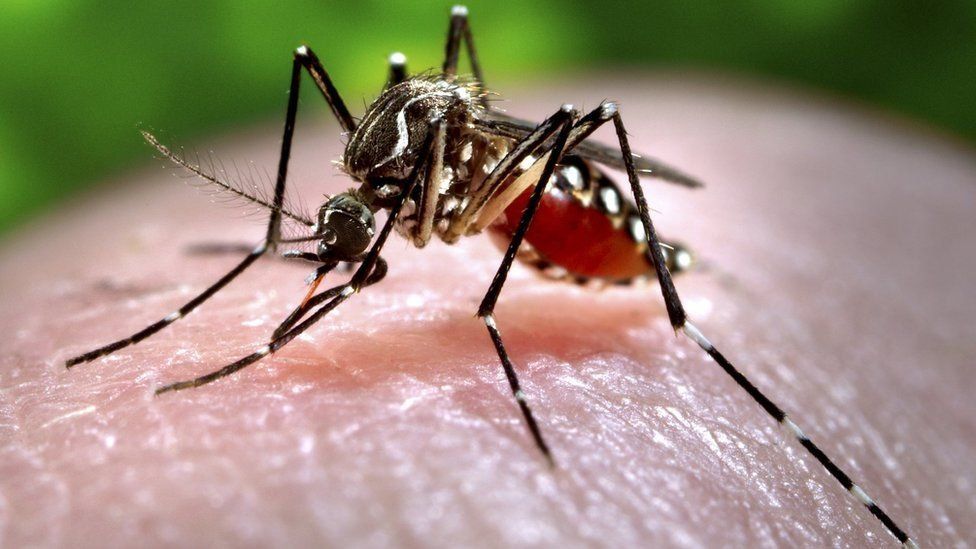Zika virus, initially identified in Uganda in 1947, is primarily transmitted by Aedes mosquitoes, which are active during the day. While many infections are asymptomatic, those who show symptoms typically experience rash, fever, conjunctivitis, muscle and joint pain, malaise, and headache for around 2-7 days.

Pregnancy and Microcephaly
- Zika infection during pregnancy can lead to microcephaly and congenital malformations in infants.
- Congenital Zika syndrome encompasses clinical features like limb contractures, high muscle tone, eye abnormalities, and hearing loss.
- Roughly 5-15% of infants born to Zika-infected mothers exhibit related complications, including those resulting from asymptomatic infections.
Neurological Complications
- Zika virus is also linked to Guillain-Barré syndrome, neuropathy, and myelitis, predominantly in adults and older children.
- Ongoing research investigates these neurological effects and their impact on pregnancy outcomes.
Epidemiology and History
- From sporadic infections in Africa and Asia during the 1960s-1980s, Zika outbreaks emerged globally from 2007.
- The virus’s association with microcephaly and neurological disorders gained attention with the epidemic in Brazil in 2015.
- The World Health Organization (WHO) declared Zika-related microcephaly a Public Health Emergency of International Concern in February 2016, with confirmation of the causal link.
Global Trends
- While Zika cases decreased globally after 2017, low-level transmission persists in parts of the Americas and other endemic areas.
- The virus also spread to Europe and India. Notably, 89 countries and territories have reported mosquito-transmitted Zika infection, yet global surveillance remains limited.
Transmission and Diagnosis
- Aedes mosquitoes, particularly Aedes aegypti, primarily transmit Zika virus in tropical and subtropical regions.
- Transmission can also occur through maternal-fetal transfer, sexual contact, blood transfusion, and possibly organ transplantation.
- Diagnosis relies on laboratory tests due to cross-reactivity with related flaviviruses like dengue.
Treatment and Prevention
- No specific treatment exists for Zika virus infection. Symptomatic patients are advised to rest, hydrate, and manage symptoms with antipyretics and analgesics.
- Pregnant women in transmission areas should seek medical care for testing, information, and counseling.
- Prevention hinges on avoiding mosquito bites through clothing, window screens, repellents, and nets.
- Eliminating mosquito breeding sites and controlling vectors are also crucial. No Zika vaccine is available, but research continues in this area.
Prevention of Sexual Transmission
- Sexual transmission can occur, necessitating counseling for individuals with Zika virus infection and their partners.
- Safer sex practices, condom use, and contraceptive options are recommended to mitigate risks, especially for pregnant women.
WHO’s Response
The WHO supports countries in outbreak confirmation, offers technical guidance on managing mosquito-borne diseases, develops tools and strategies, provides training, and publishes guidelines for member states to enhance surveillance, diagnosis, and control of Zika virus.
Find More Miscellaneous News Here










 States and Capitals - How Many States in...
States and Capitals - How Many States in...
 Where is the Headquarter of Asian-Pacifi...
Where is the Headquarter of Asian-Pacifi...
 Who is Known as Bengal Kesari? Know the ...
Who is Known as Bengal Kesari? Know the ...

